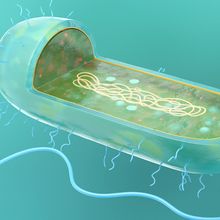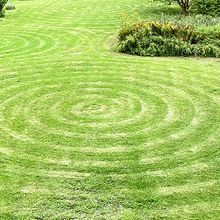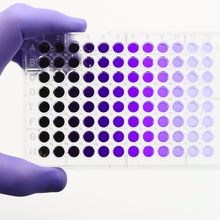FLICKR, ERIK HERSMANSmartphones and other mobile devices hold a wealth of personal data, but a new study has found that they’re capable of additional storage: cell phones carry 82 percent of the most common microbial species found on their owners’ fingers, according to research published online yesterday (June 24) in PeerJ.
This “microbial fingerprint” shared between people and their phones could inform a non-invasive sampling method for large-scale microbial analyses. Researchers might also one day screen healthcare workers’ phones for possible exposure to pathogens, according to a press release.
The study confirmed that “we share more than an emotional connection with our phones - they carry our personal microbiome,” lead author James Meadow from the University of Oregon in Eugene told BBC News.
Samples for the research were taken from the phones, thumbs, and index fingers of 17 participants at a workshop in Princeton, New Jersey....
“This project was a proof-of-concept to see if our favorite and most closely held possessions microbially resemble us,” added Meadow. “We are ultimately interested in the possibility of using personal effects as a non-invasive way to monitor our health and our contact with the surrounding environment.”
Interested in reading more?




